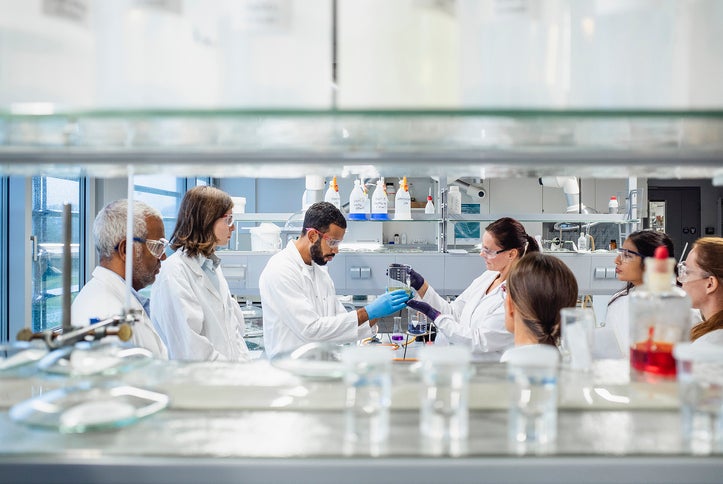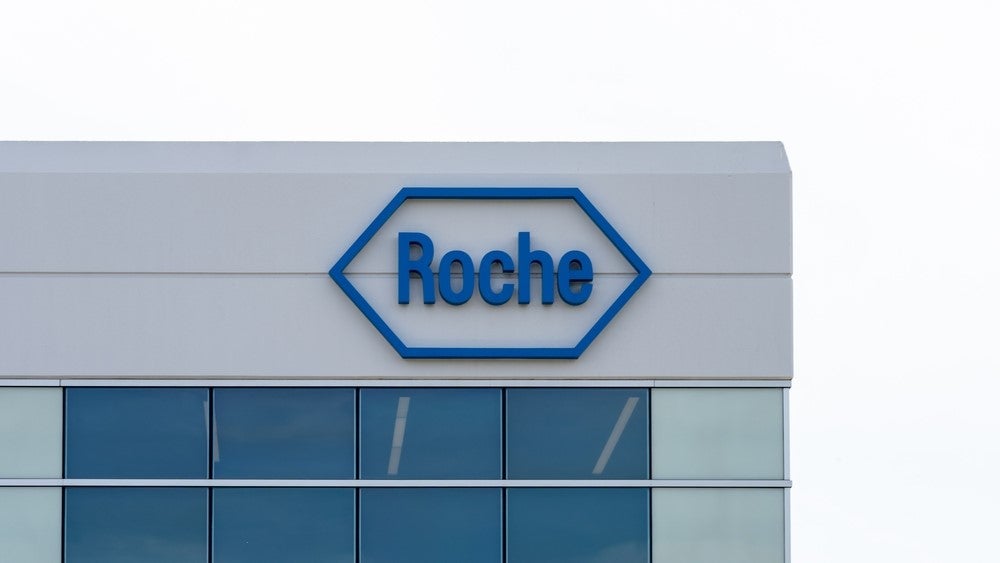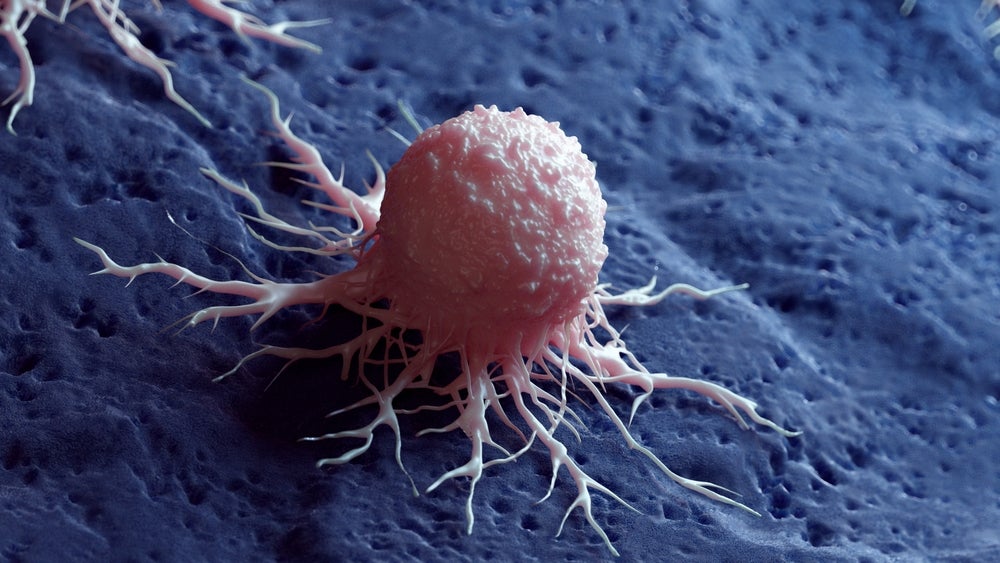Ubiquigent has announced that they will support a PhD student in the Institute of Chemical Biology EPSRC Centre for Doctoral Training (CDT) in Chemical Biology at Imperial College London to advance DUB probe discovery.
The four-year research project, titled ‘Unlocking DUB probe discovery by high-throughput in-cell chemical proteomics’, aims to create a new generation of small molecule activity-based probes (APBs) to ensure that deubiquitinase (DUB) activity can be measured in intact cells and organisms.
The student will be mentored by Rishi Shah, head of chemistry at Ubiquigent. This development follows the news that Rishi joined Ubiquigent from GlaxoSmithKline (GSK) in late August.
The drug discovery and development company Ubiquigent leveraged DUB modulators to be used in areas of unaddressed medical demand. DUBs have key roles in various areas of cell biology with an impact in autoimmune disorders, chronic inflammation, oncology, and neurodegeneration. DUB activity is dysregulated in many other human diseases, making it an attractive drug target for small-molecule drug discovery.
There is currently no approved therapy based on DUB-inhibitors on the market, however there are several DUB inhibitors in preclinical and clinical development, including Roche’s KSQ-4279, which is currently in Phase I clinical trial for use in ovarian and colorectal cancer.
Mission Therapeutics, one of Ubiquigent’s biggest competitors, have pipeline DUB-inhibitor MTX-652 in Phase I clinical trials for the treatment of chronic kidney disease. A spokesperson for Mission said in January: “We are now in the process of planning for our next stage of clinical development and are looking forward to MTX-652 entering further clinical trials later this year.”
Last year, Ubiquigent made £1.3m ($1.57m) according to their financial statements for the year ending 2022.















